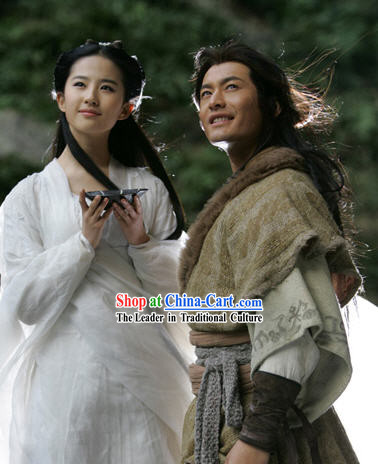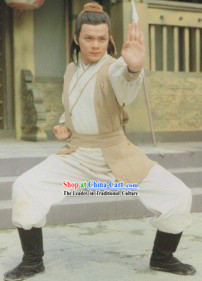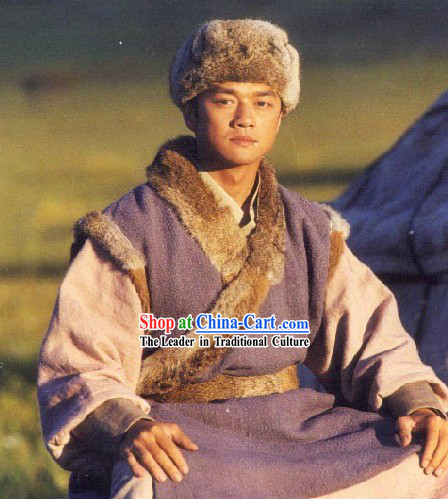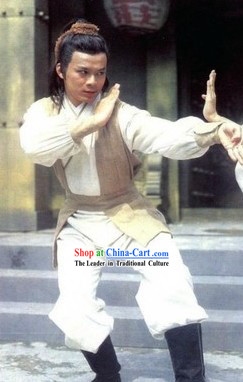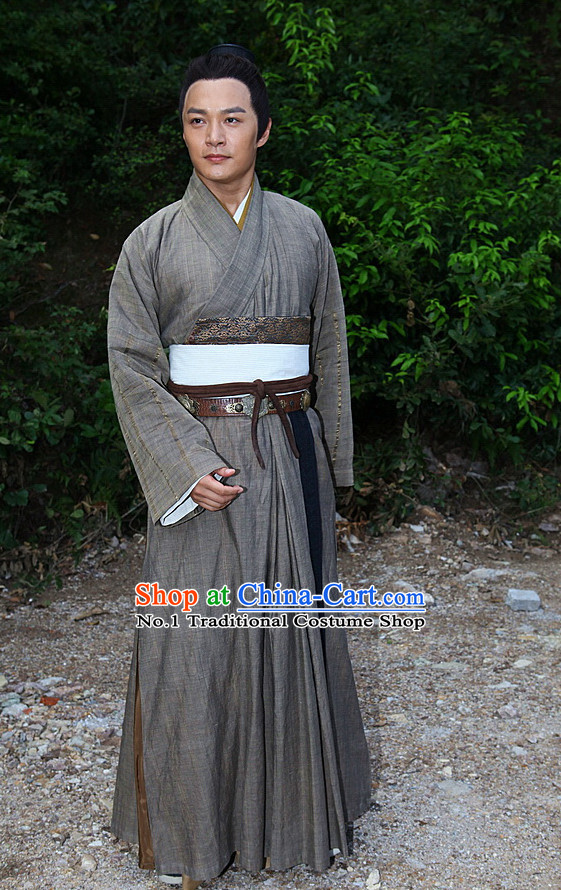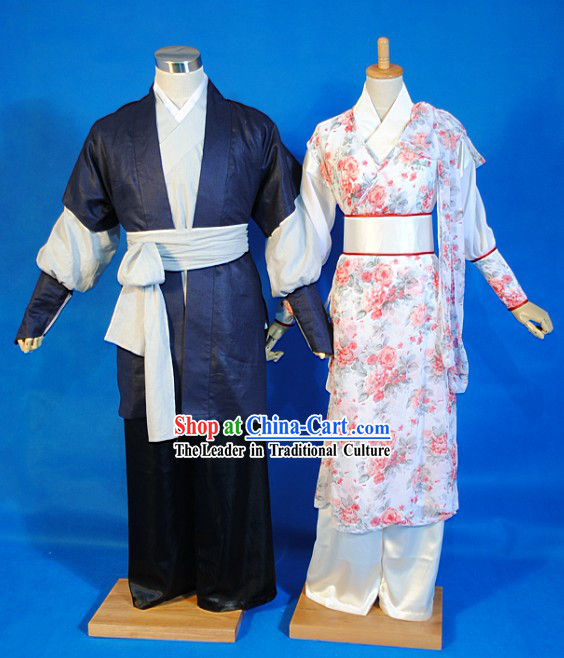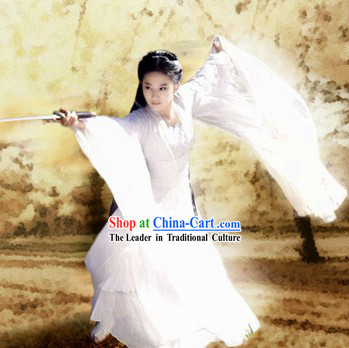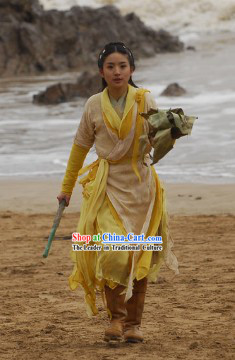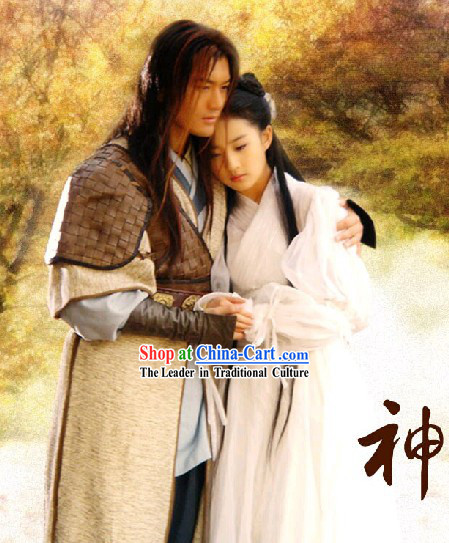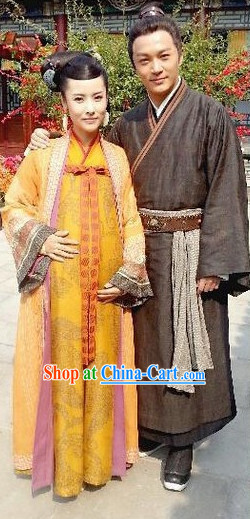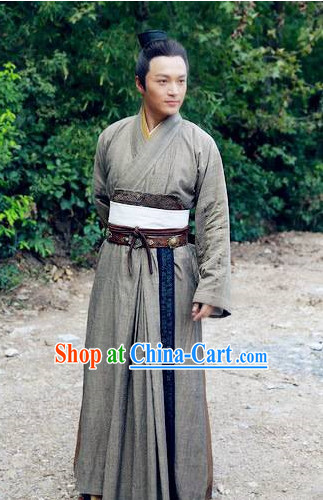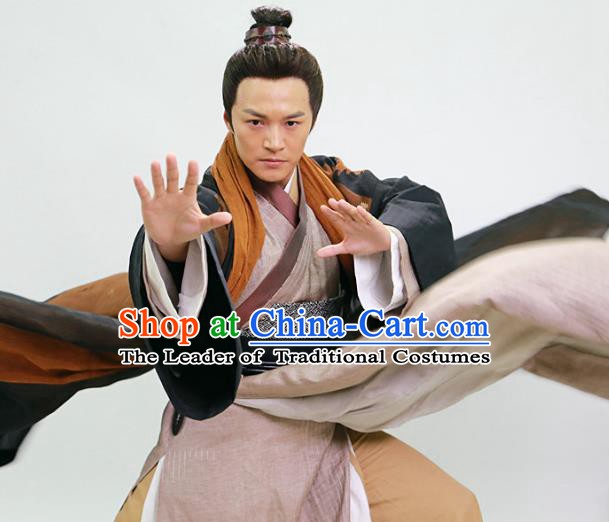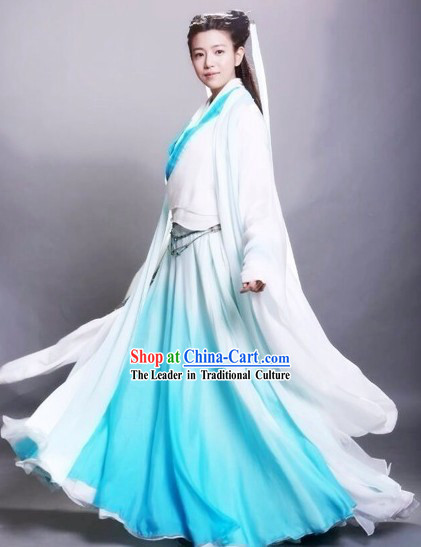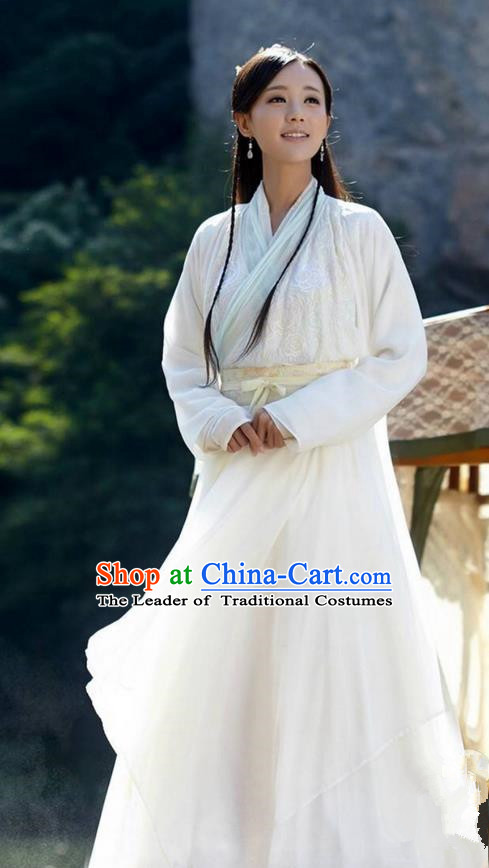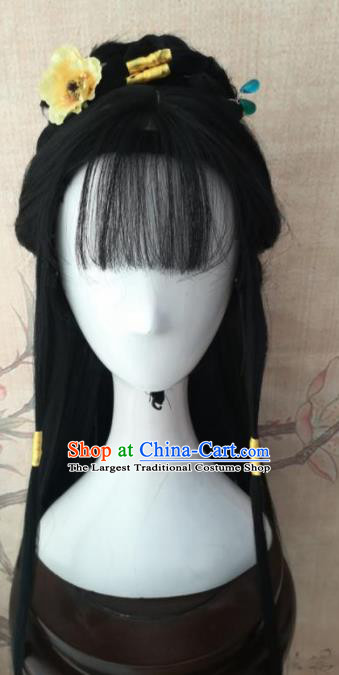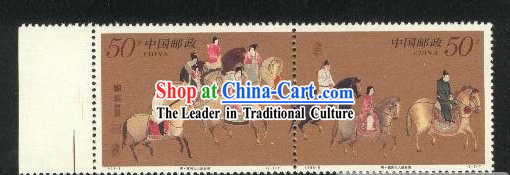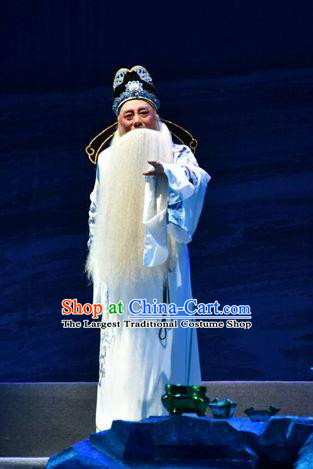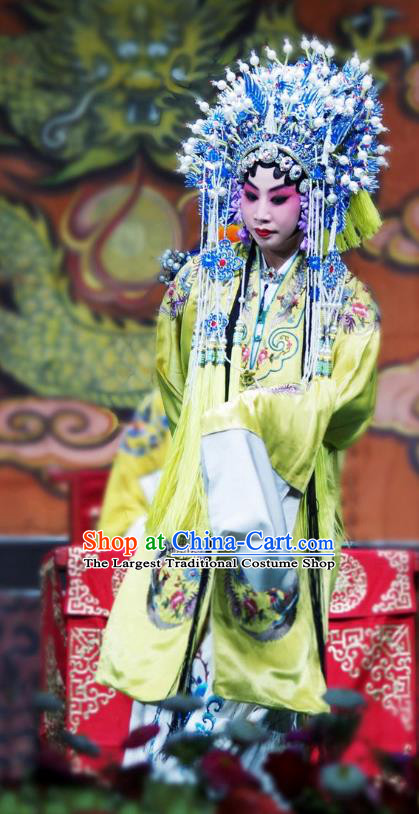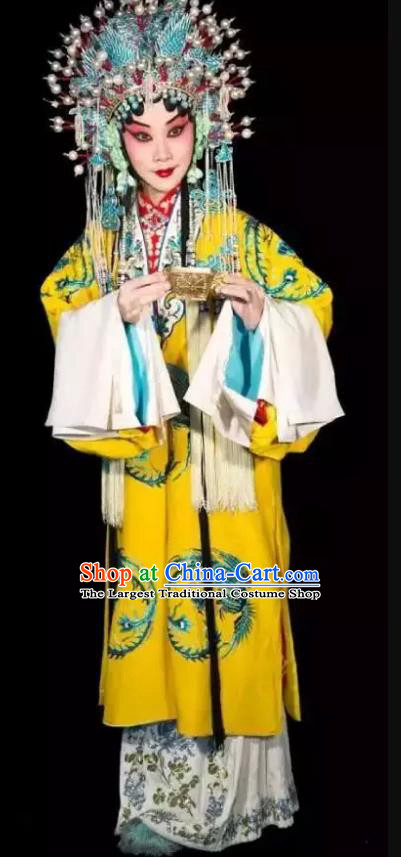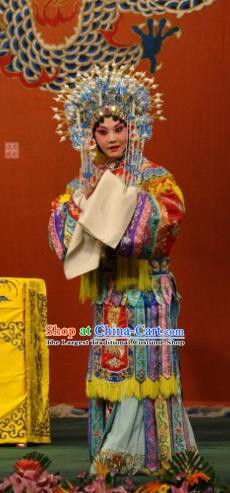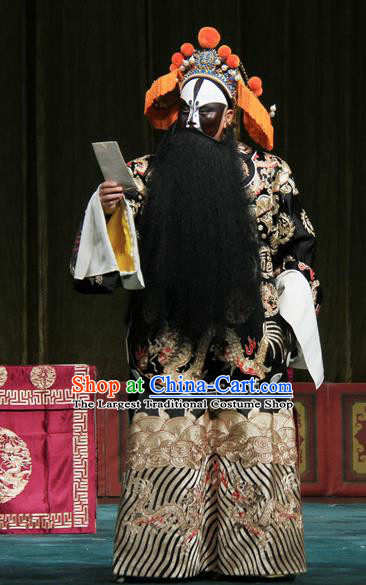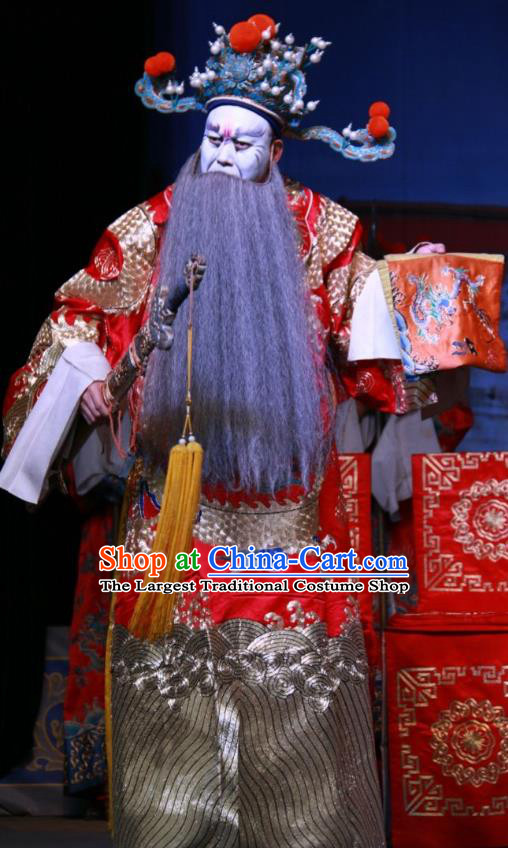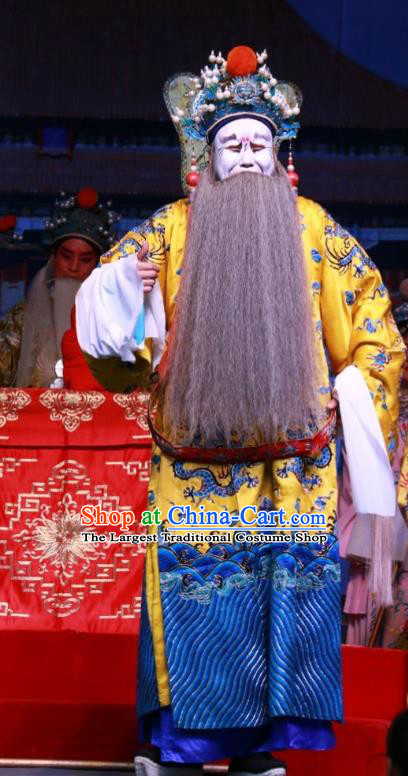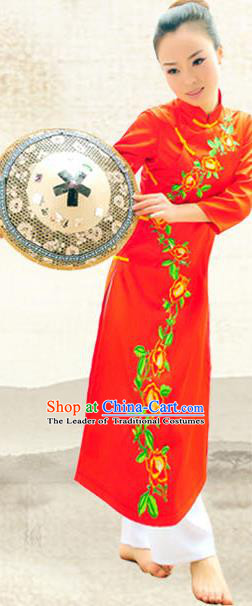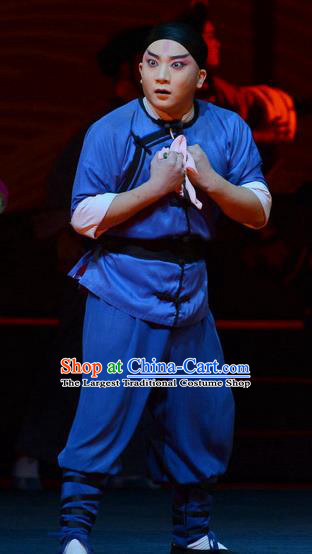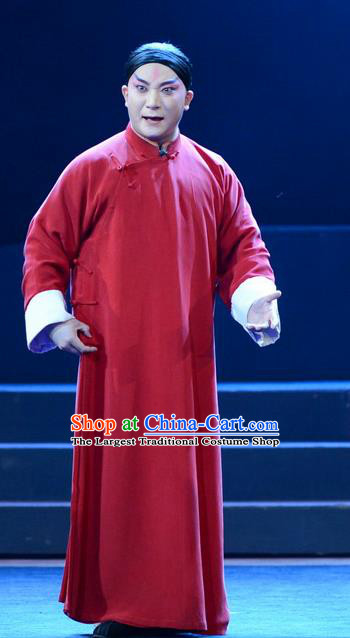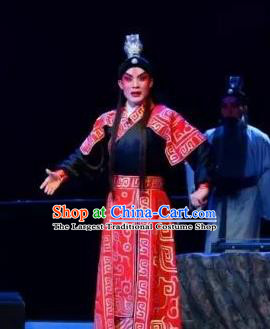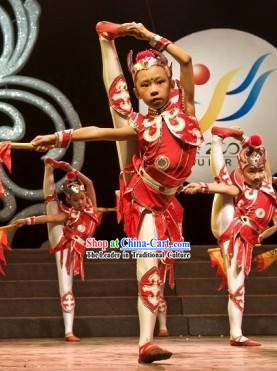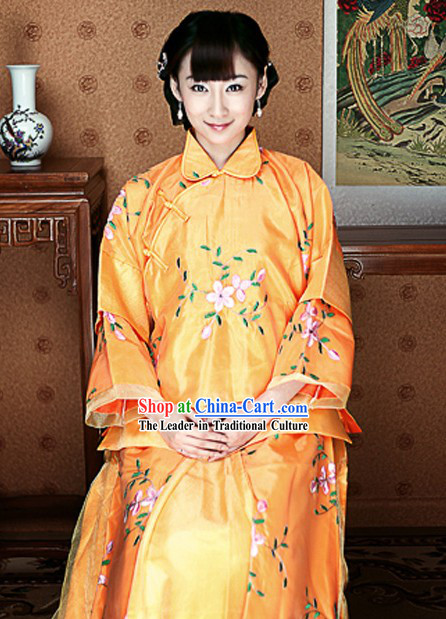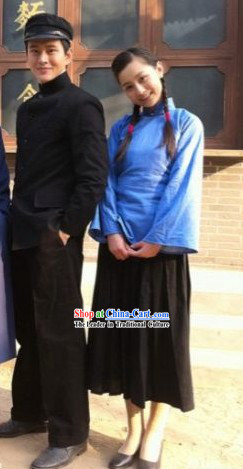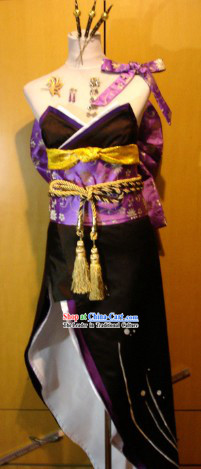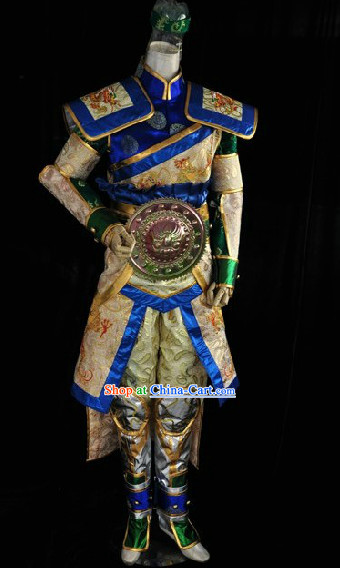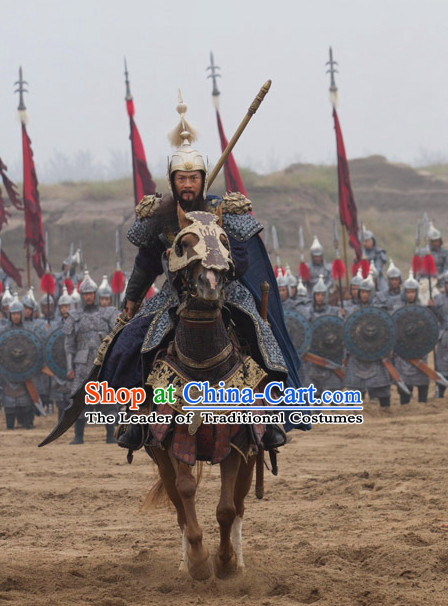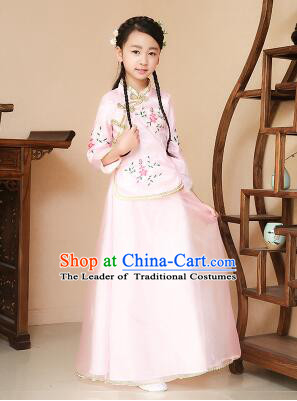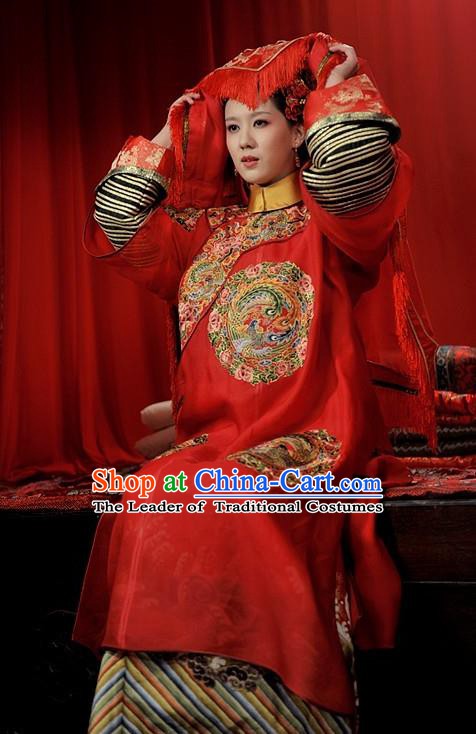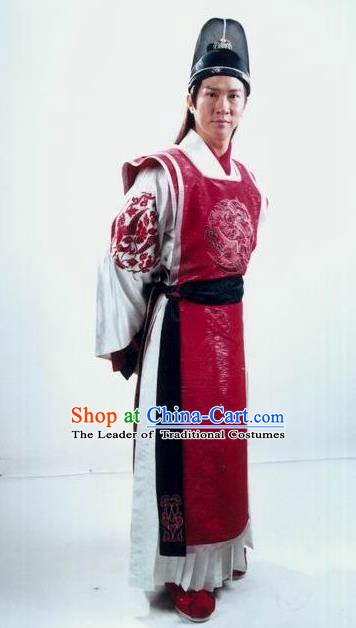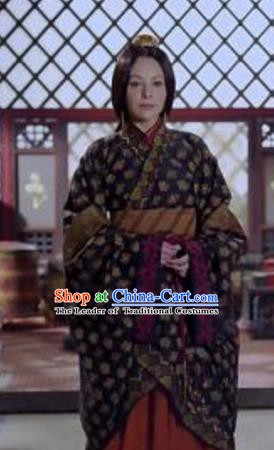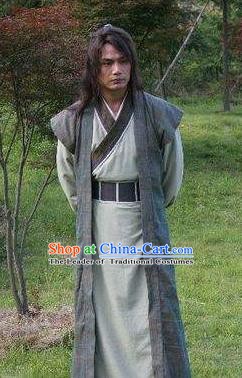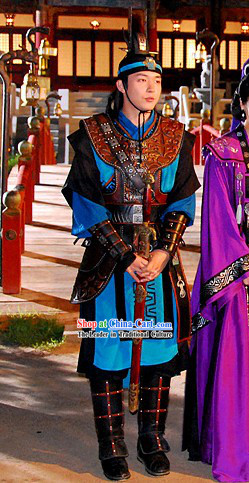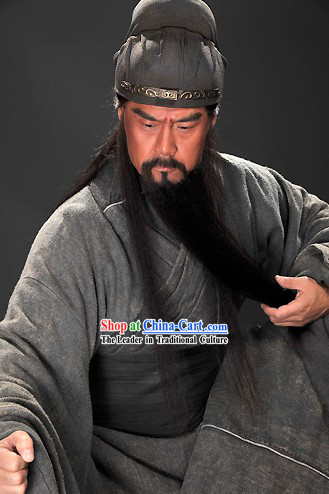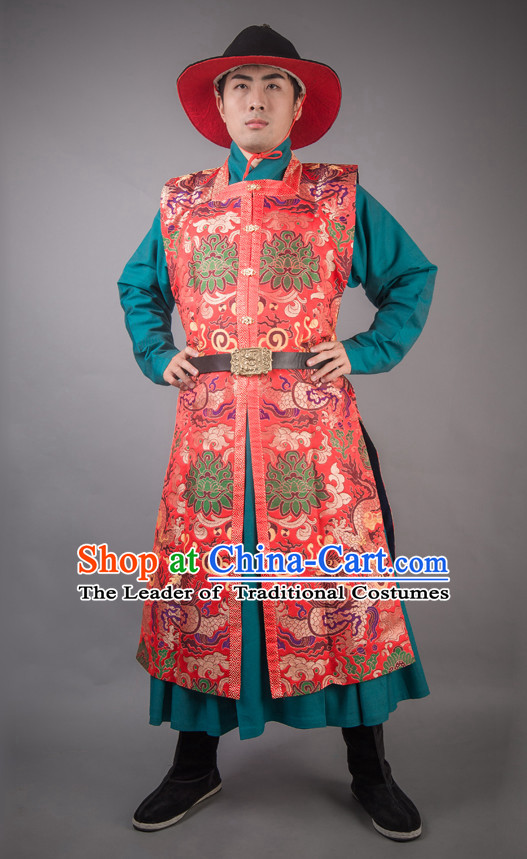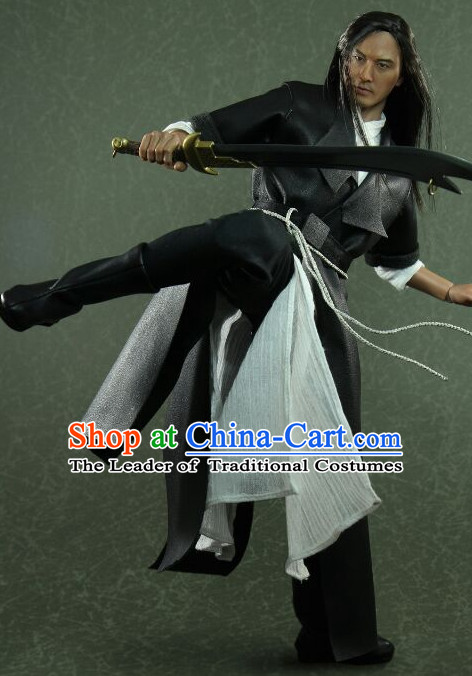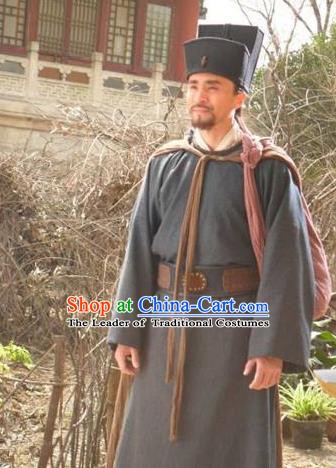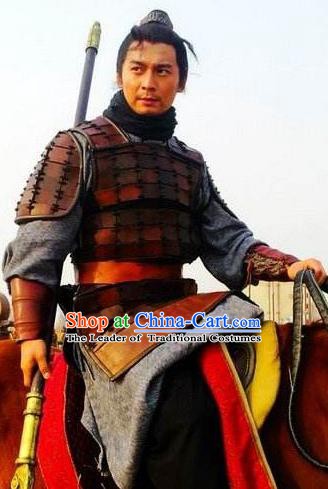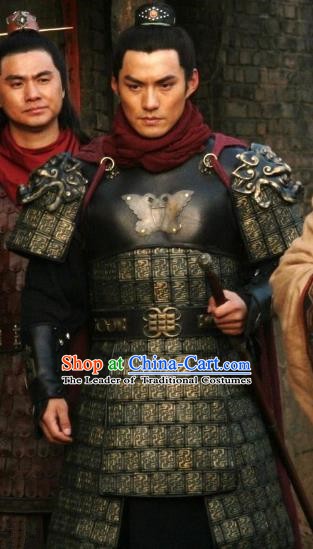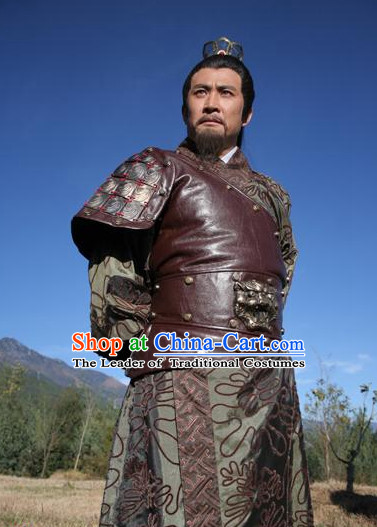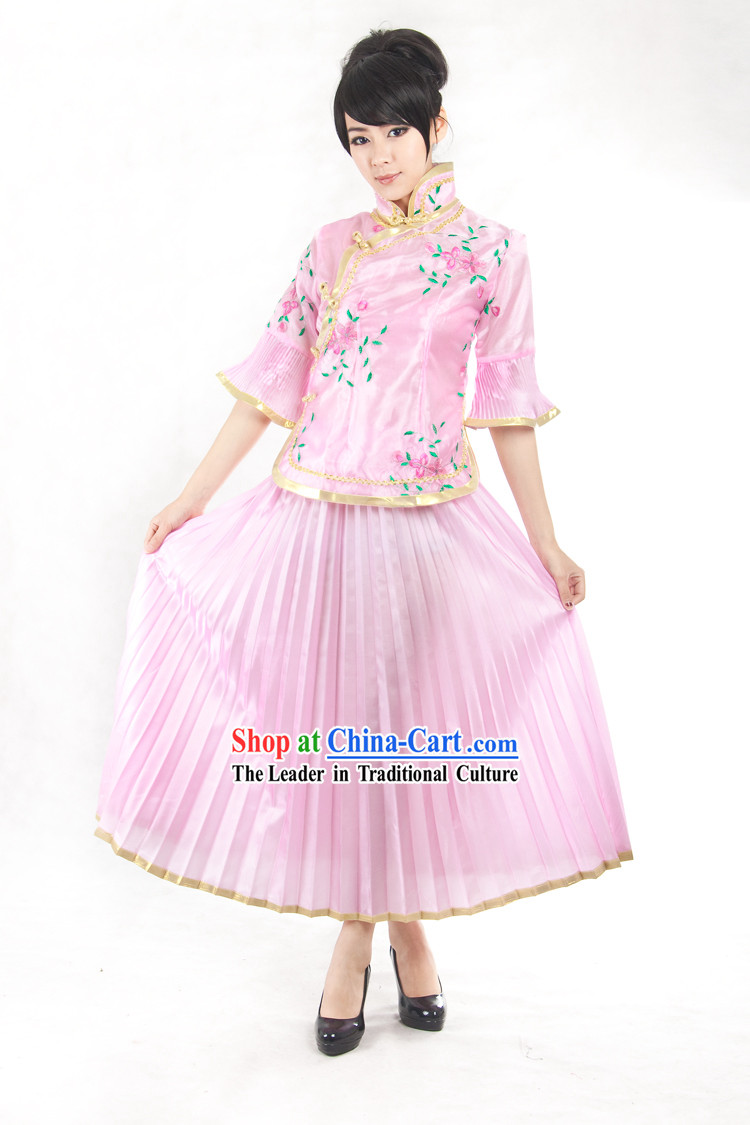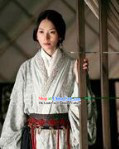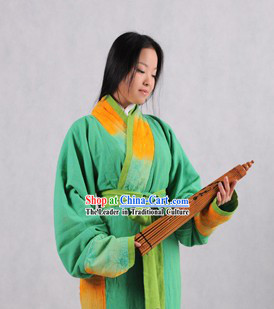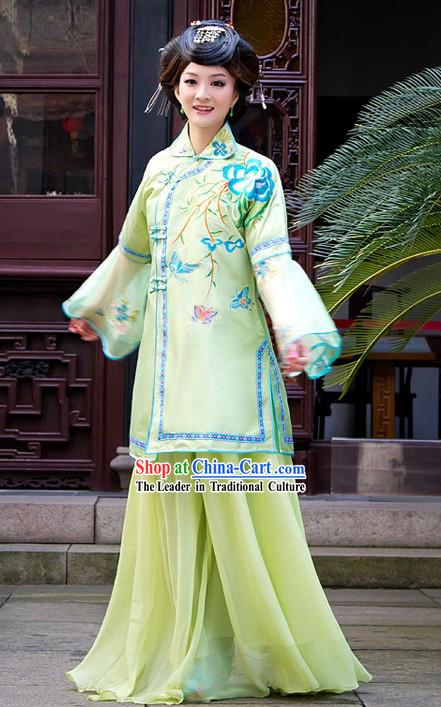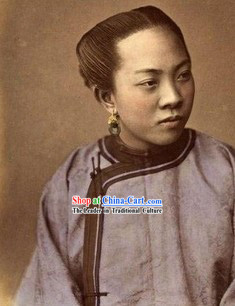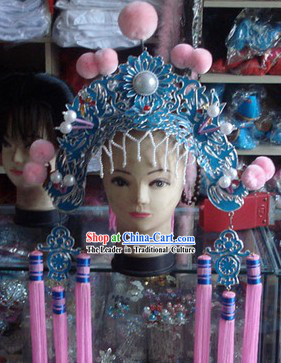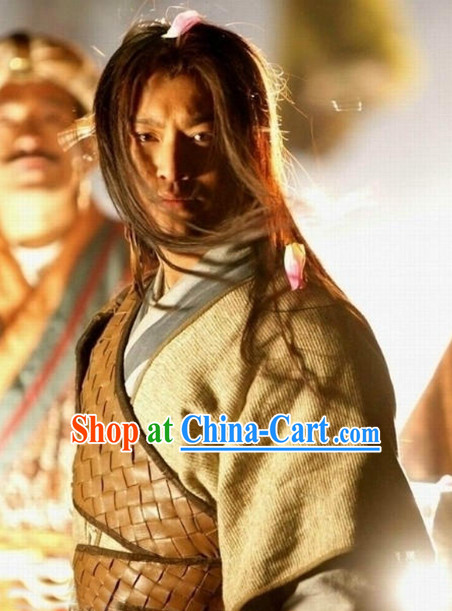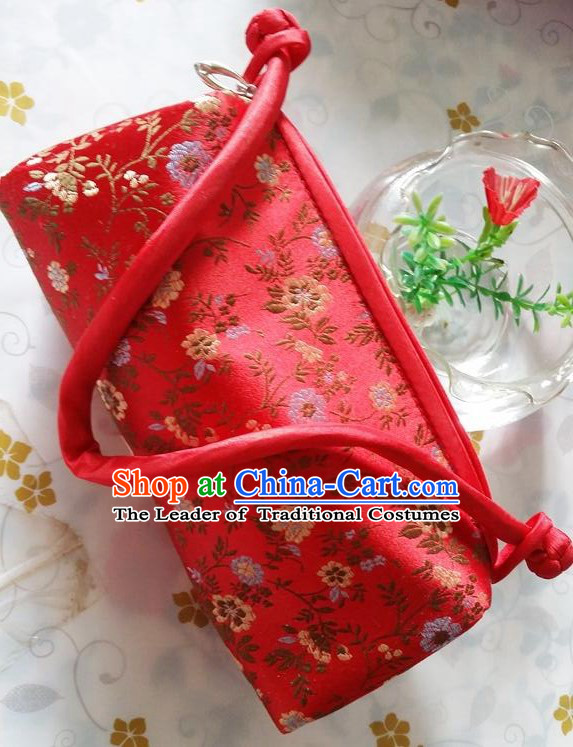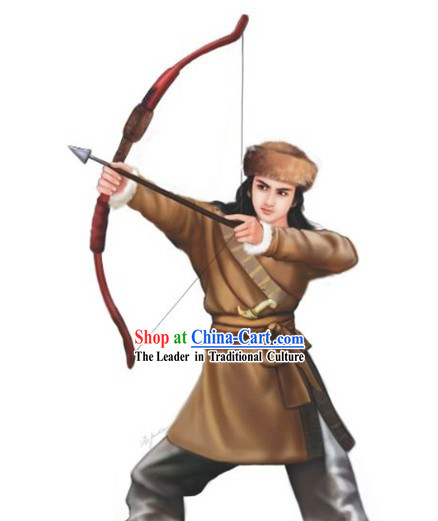
Click Related Pictures for More Audios:
In ancient China, bow and arrow was an important weapon and cultural symbol.
It not only had practical value but also carried rich spiritual and cultural connotations and historical significance.
The production process of bow and arrow was exquisite, the materials were carefully selected, and the design was unique, reflecting the wisdom and skills of ancient Chinese craftsmen.
The history of bow and arrow can be traced back to the ancient times, with the earliest bow and arrow appearing in the late Neolithic period.
Over time, bow and arrow gradually became important weapons in wars and widely applied in military, sports and other fields.
In Chinese history, many famous generals and heroes were good at using bow and arrow, such as Yue Fei, Guan Yu, etc.
Their heroic deeds and bow and arrow skills have become legendary stories for future generations.
Apart from practicality, bow and arrow also has rich cultural connotations.
In traditional Chinese culture, bow and arrow is regarded as a noble martial art and moral symbol.
It represents courage, perseverance and justice.
In ancient literary works, there are often praises and depictions of bow and arrow, such as Guo Jing in the novel "The Legend of the Condor Heroes" and Yang Hua in the novel "The Legend of the Condor Heroes", who are known for their proficiency in using bow and arrow.
In addition, bow and arrow is also one of the traditional sports in China.
Archery requires athletes to have accurate targeting, stable posture and strong ability to control strength.
It not only tests the physical fitness and technical level of athletes, but also cultivates their willpower and team spirit.
In summary, bow and arrow, as an important weapon and cultural symbol in ancient China, has rich historical significance and cultural connotations.
It not only represents the wisdom and skills of ancient Chinese craftsmen, but also reflects the pursuit of courage, perseverance and justice by the Chinese people.
Whether in war, literature or sports, bow and arrow play an important role, becoming an important part of Chinese culture.
